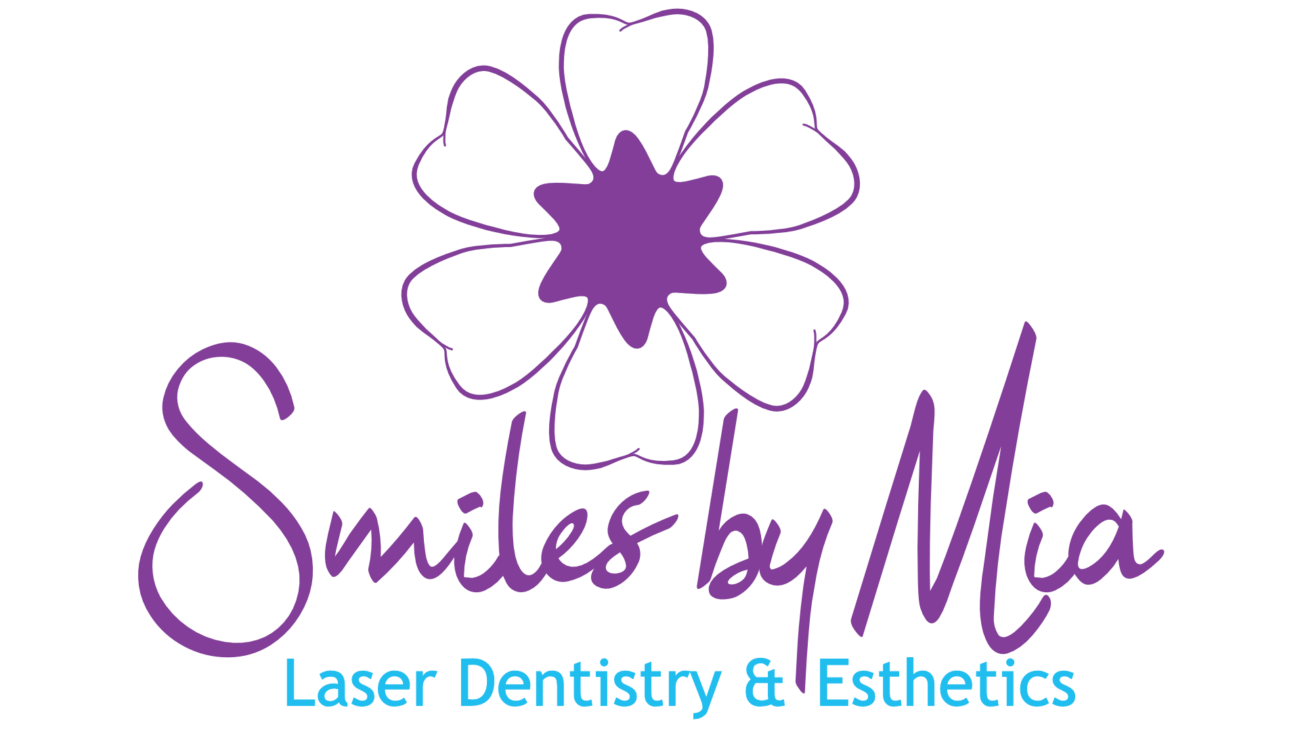Blog
Identifying TMJ

At Smiles By Mia in Burke, VA, we strive to inform our patients about various dental health conditions. One such condition that often goes unnoticed until it becomes painful is TMJ disorder. This disorder affects the temporomandibular joint, which connects your jawbone to your skull. TMJ disorder can cause significant discomfort, affecting your quality of life. Understanding the signs, symptoms, prevention methods, and treatment options can lead to better management of this condition.
Understanding TMJ Disorder
TMJ disorder involves dysfunction of the temporomandibular joint. The joint functions like a sliding hinge, enabling mouth movements necessary for eating and speaking. When this joint does not work correctly, it can cause pain and restricted movement.
Common Causes of TMJ Disorder
Several factors can lead to the disorder, including injury to the jaw, arthritis, and genetic predisposition. Misalignment of the jaw or teeth, habitual grinding or clenching of the teeth, and high-stress levels that lead to muscle tension can also contribute to TMJ disorder.
Identifying TMJ disorder involves recognizing its varied symptoms. A common sign includes pain or tenderness in your jaw. Other symptoms include difficulty in chewing, clicking or popping sounds when you move your jaw, and a limited range of jaw movement. Some patients may also experience headaches, neck pain, and earaches.
Risk Factors and Prevention of TMJ Disorder
Understanding risk factors helps in early identification and prevention. Factors that elevate the risk include jaw injuries, arthritis, poor posture, and prolonged stress. Patients with a history of grinding their teeth or those who have jaw misalignment should remain particularly vigilant.
Prevention and Management Strategies
Smiles By Mia recommends several prevention strategies to manage and reduce the risk of TMJ disorder.
- Proper Jaw Alignment Techniques: Maintaining a good jaw posture can prevent unnecessary strain. Keep your teeth slightly apart with your lips gently closed, and avoid habits like resting your chin on your hand.
- Stress Management and Relaxation Exercises: High-stress levels often contribute to muscle tension around the jaw. Practicing relaxation techniques such as yoga, meditation, and deep-breathing exercises can reduce this tension.
- Avoidance of Hard or Chewy Foods: Foods that require excessive chewing can strain your jaw muscles. Opt for softer foods and take smaller bites to minimize jaw pressure.
- Regular Dental Checkups for Early Detection: Routine visits to Smiles By Mia can help us detect early signs of TMJ disorder. Early detection allows for prompt intervention, which can prevent the disorder from worsening.
Treatment Options for TMJ Disorder
If non-invasive methods fail to produce adequate relief, dental interventions may become necessary.
- Occlusal Splints: Also known as bite guards, these devices prevent teeth grinding and improve jaw alignment. They can reduce muscle tension and alleviate pain.
- Dental Restorations: In some cases, dental procedures like crowns or braces can correct bite issues, leading to improved jaw function and reduced TMJ symptoms.
Surgical Options for Severe Cases
Severe TMJ disorders that do not respond to other treatments may require surgical intervention. Procedures such as arthroscopy, open-joint surgery, or joint replacement aim to repair or replace the damaged joint. Surgery remains a last resort, typically considered when other treatments fail.
Lifestyle Modifications for Improved TMJ Health
Regularly practicing specific jaw exercises can strengthen and stretch the jaw muscles, providing lasting relief. These exercises can improve jaw function and reduce pain.
A balanced diet that includes plenty of soft foods minimizes jaw strain. Proper nutrition can also reduce inflammation and promote overall joint health. Additionally, maintaining good posture can significantly impact TMJ symptoms. Avoid slouching and keep your head aligned with your spine to reduce jaw pressure.
Adequate sleep plays a crucial role in managing TMJ disorder. Poor sleep can exacerbate stress and muscle tension, leading to worsened symptoms. Establishing a regular sleep schedule and practicing good sleep hygiene can contribute to better TMJ management.
At Smiles By Mia, we prioritize your dental health. If you experience any symptoms of TMJ disorder, contact our office for a comprehensive evaluation. Early intervention and appropriate treatment can significantly improve your quality of life.
Read More Blogs!
Stay updated with the latest blog posts and engage with our community.
Discover the perfect balance of cutting-edge dental care and rejuvenating aesthetic treatments in Burke, Virginia. At Smiles by Mia, your smile is our passion, and we specialize in creating radiant, confident transformations. From personalized smile makeovers to advanced facial treatments, your comfort, beauty, and satisfaction are always our top priorities.

